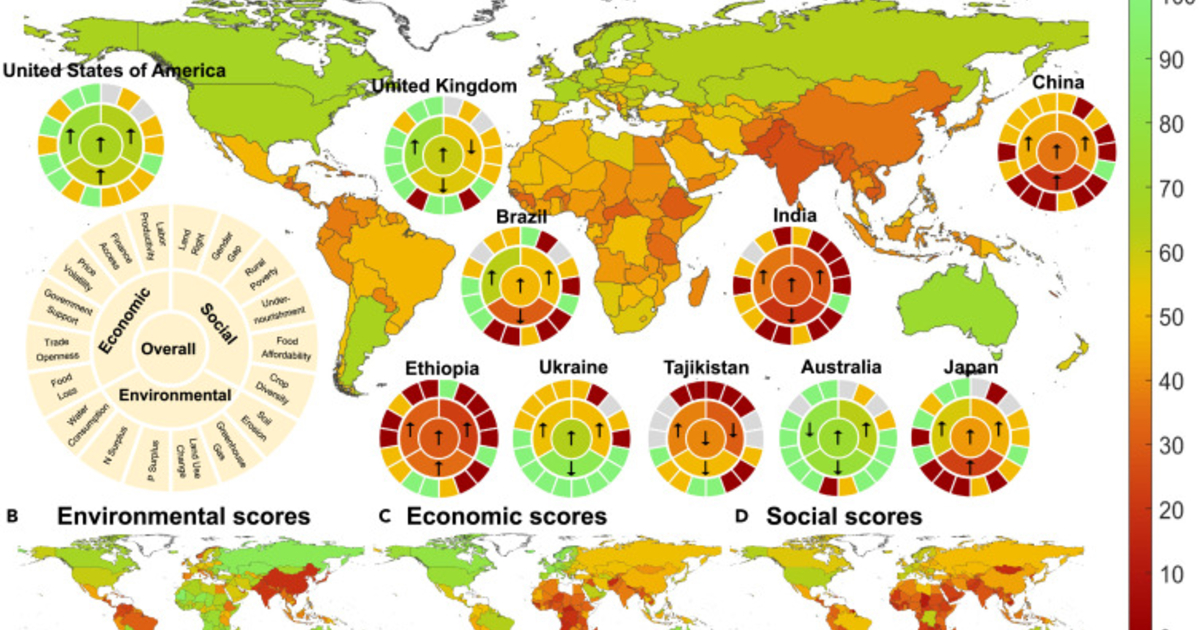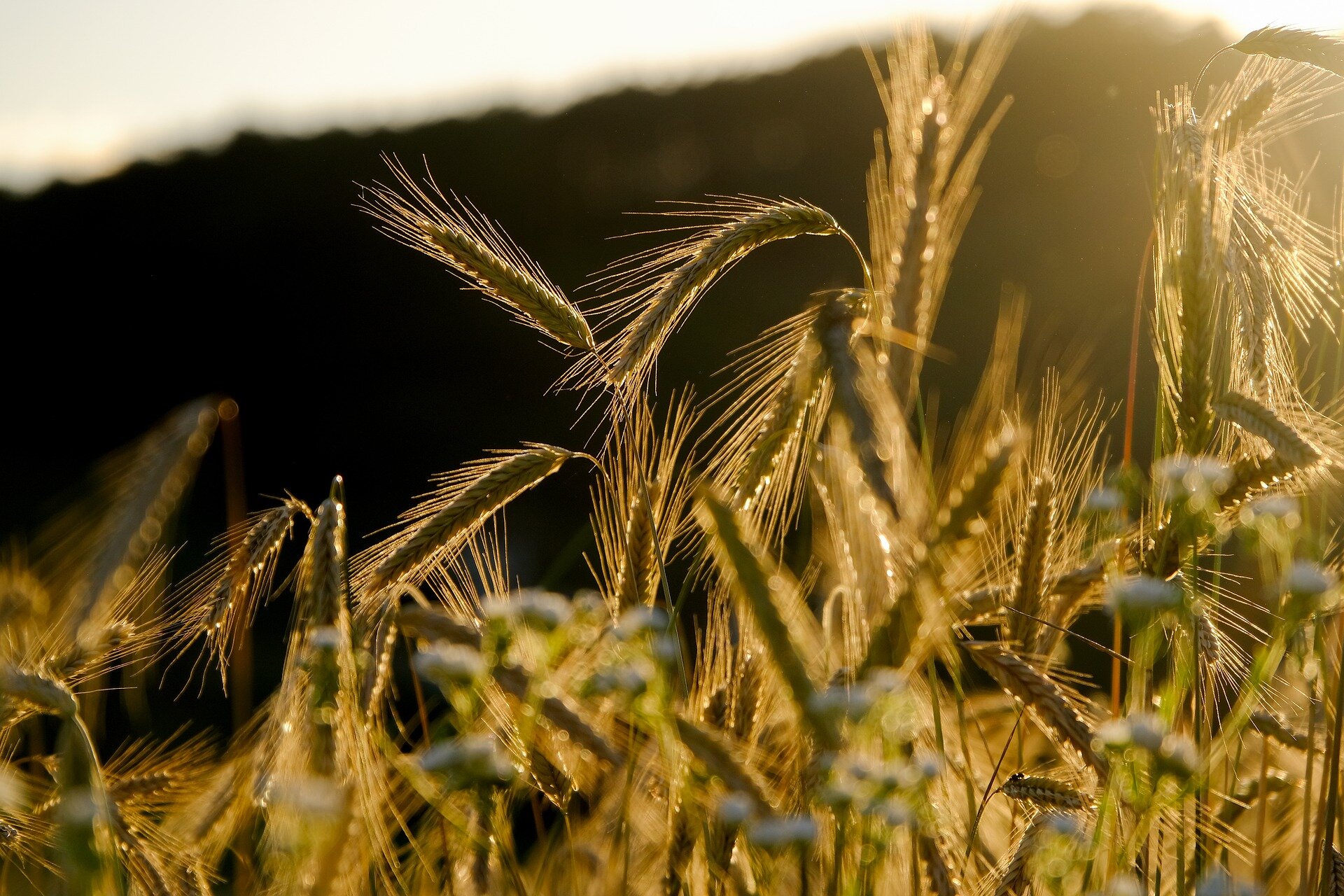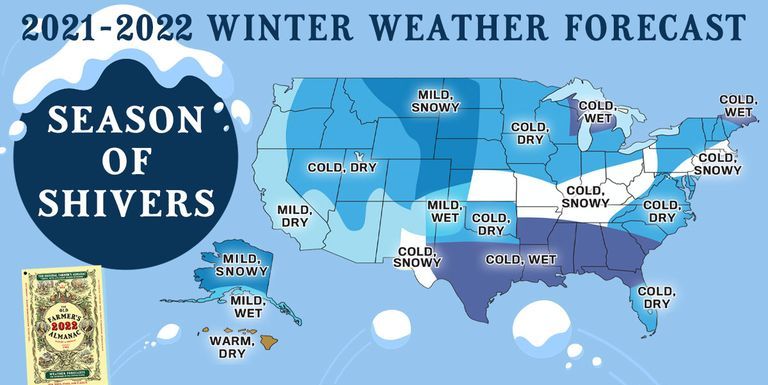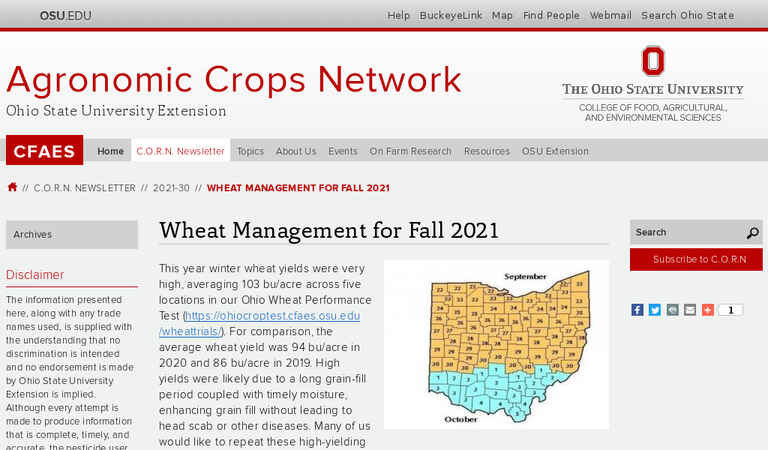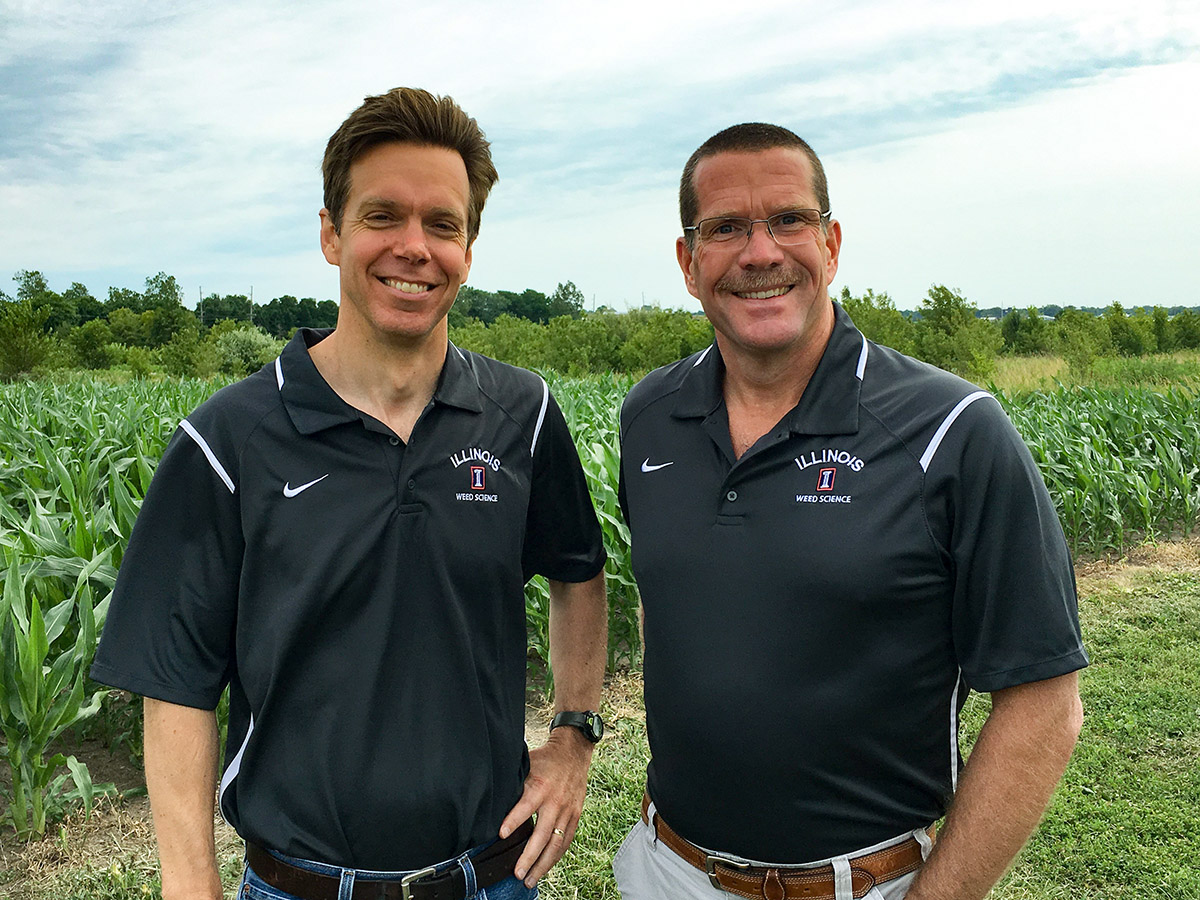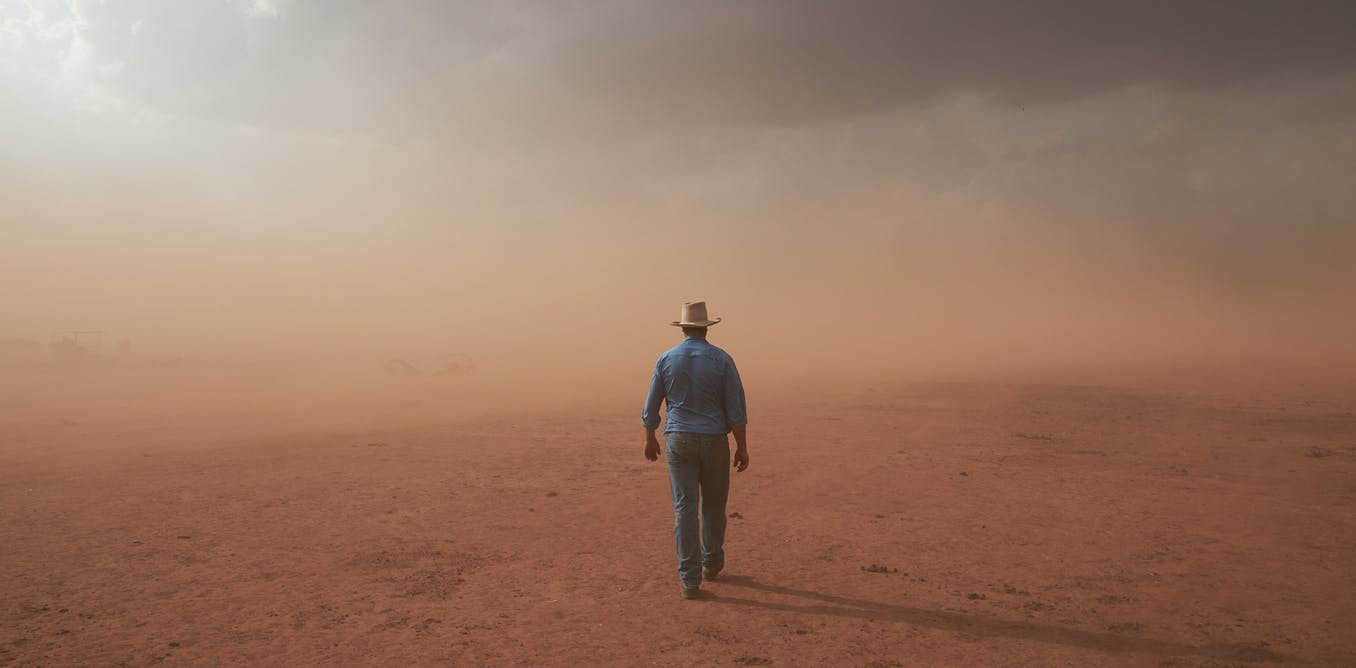 John LaRose Jr.
John LaRose Jr.
Topics: Soil Health, Crop Consultant, Agriculture Global, Sustainability, Research, Weather,
Researchers release first-of-its-kind quantitative assessment for
For the first time, scientists have assembled a quantitative assessment for agriculture sustainability for countries around the world based not only on environmental impacts, but economic and social
-
(0)
-
Bookmark
- Comments (0)
 John LaRose Jr.
John LaRose Jr.
Topics: Soil Health, Agriculture US, Cover Crops, Crop Consultant, Agriculture Global, Education U.S. MidWest, Sustainability, Weather,
Advanced model and field data add up to better cover crop management - reporterwings
Cover crops are widely seen as one of the most promising conservation practices, improving soil health while also removing carbon from the atmosphere. But
-
(0)
-
Bookmark
- Comments (0)
 John LaRose Jr.
John LaRose Jr.
Topics: Soil Health, Agriculture Global, Research, Fertilizer, Genes /Genetics, Plant Breeding, Education, Weather,
How plants sense phosphate - NewsBreak
A new study by the University of Bonn and the Leibniz Institute of Plant Genetics and Crop Plant Research (IPK) in Gatersleben sheds light on the mechanism used by plants to monitor how much of the nutrient phosphate is available, and to decide when strategies to mobilize and take up more phosphate from the soil must be activated. The enzyme ITPK1 plays a key role in this process. The researchers were also able to show that a particular group of signaling molecules involved in phosphate sensing respond very sensitively to phosphate and that this regulation takes place not only in plants but also in human cells. In the long term, the results could lead to the breeding of new crop varieties that require less phosphate fertilizer. The final version of the study has now been published in the journal Molecular Plant.
-
(0)
-
Bookmark
- Comments (0)
 John LaRose Jr.
John LaRose Jr.
Topics: Wheat, Soil Health, Precision AG , Agriculture Global, Economics, Research, Fertilizer, World Hunger, Weather,
Nitrogen-efficient wheats can provide more food with fewer greenhouse gas emissions, new study shows
Scientists used a wild grass trait that inhibits soil microbes from producing environmentally-harmful nitrogen compounds. Widespread use of the new technology could lower global use of fertilizers for wheat crops.
-
(0)
-
Bookmark
- Comments (0)
09/13/2021 SOURCE: www.womansday.com
-
(0)
-
Bookmark
- Comments. (0)
 John LaRose Jr.
John LaRose Jr.
Topics: Wheat, Soil Health, Agriculture US, Education U.S. MidWest, Weather,
-
(0)
-
Bookmark
- Comments (0)
 John LaRose Jr.
John LaRose Jr.
Topics: Precision AG , Agriculture Global, Water, Research, Apps / Software, Ag Innovation, Weather,
Satellites measure drought stress in plants with aim of increasing crop yields - Phys.org
With a satellite system that measures drought stress in plants, two researchers from the Fraunhofer Institute for High-Speed Dynamics, Ernst-Mach-Institut, EMI, have now founded the spin-off ConstellR. Their technology enables the agricultural sector to optim…
-
(0)
-
Bookmark
- Comments (0)
 John LaRose Jr.
John LaRose Jr.
Topics: Corn/Maize, Weeds, Agriculture US, Agriculture Global, Education U.S. MidWest, Research, Sweet Corn, Climate Change, Weather,
Think climate change is bad for corn? Add weeds to the equation
URBANA, Ill. – By the end of the century, scientists expect climate change to reduce corn yield significantly, with some estimating losses up to 28%. But those calculations are missing a key factor that could drag corn yields down even further: weeds. Wetter springs and hotter, drier summers, already becoming the norm in the Corn Belt, put stress on corn during key reproductive stages, including silking and grain fill. But those same weather conditions can benefit the scrappy weeds that thrive in tough environments.
-
(0)
-
Bookmark
- Comments (0)
 John LaRose Jr.
John LaRose Jr.
Topics: Water, Economics, Sustainability, World Hunger, World Population, Ag Australia/NZ, Weather,
Climate change means Australia may have to abandon much of its farming
Australia must start planning for the loss of entire regional communities, and internal climate refugees.
-
(1)
-
Bookmark
- Comments (0)
09/07/2021 SOURCE: www.argusleader.com
For South Dakota corn, soybean farmers, the late-August rain came too late to impact crop harvest amid the drought.
Dear Mother Nature: It's too late. South Dakota farmers already had yields determined prior to recent rains
-
(0)
-
Bookmark
- Comments. (0)


